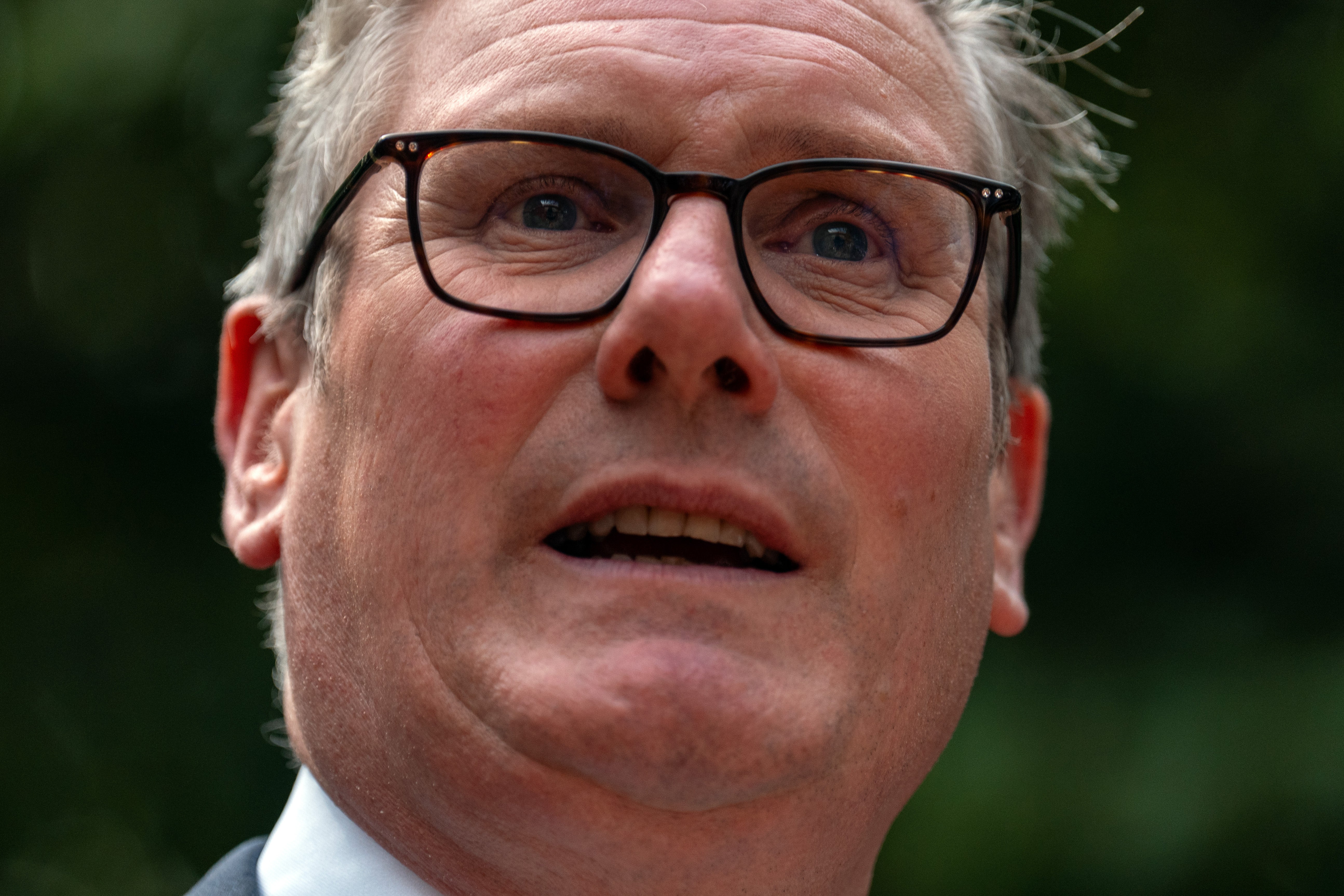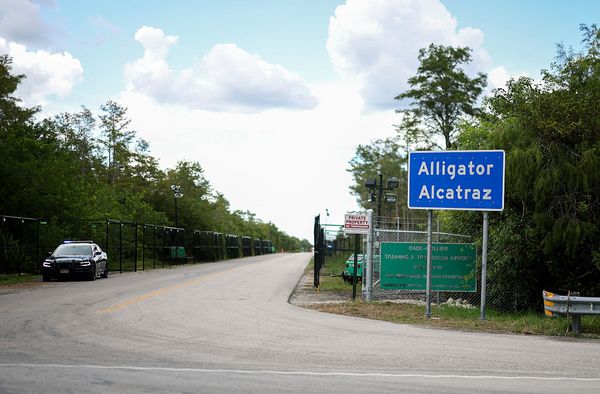
There will be “financial consequences” to Sir Keir Starmer’s last-minute climbdown on welfare reform, a Cabinet minister has said, as he declined to rule out tax rises.
Pat McFadden said ministers “will keep to the tax promises” in their election manifesto.
Rachel Reeves has seen the £4.8 billion predicted savings from welfare reforms whittled away through the Government’s changes to plans designed to keep backbenchers onside.
In a late concession on Tuesday evening, ministers shelved plans to restrict eligibility for the personal independence payment (Pip), with any changes now only coming after a review of the benefit.
The Prime Minister had a revolt of almost 50 MPs regardless of the changes.
The Chancellor of the Duchy of Lancaster told Times Radio on Wednesday there will be “financial consequences” to the decision, and he indicated that would be set out at the budget expected in the autumn.
Economists at the Institute for Fiscal Studies (IFS) and Resolution Foundation think tanks warned Tuesday’s concessions mean Ms Reeves can now expect no “net savings” by 2029/30 – a key year for meeting her fiscal targets.
Mr McFadden told BBC Breakfast he is “not going to speculate” on what could be in the budget, but said ministers “will keep to the tax promises” in their manifesto.
Asked explicitly whether he could rule out tax rises, the Cabinet Office minister told the programme: “I’m not going to speculate on the budget.
“We will keep to the tax promises that we made in our manifesto when we fought the election last year. But it doesn’t make sense for me to speculate on something where, as I say, there are so many moving parts of which this is only one element.”

Ministers have repeatedly insisted Labour will not raise taxes on “working people”, specifically income tax, national insurance or VAT.
But Ms Reeves also remains committed to her “iron clad” fiscal rules, which require day-to-day spending to be covered by revenues – not borrowing – in 2029/30.
The Institute for Fiscal Studies’ incoming director Helen Miller said: “Since departmental spending plans are now effectively locked in, and the Government has already had to row back on planned cuts to pensioner benefits and working-age benefits, tax rises would look increasingly likely.
“This will doubtless intensify the speculation over the summer about which taxes may rise and by how much.”
Shadow chancellor Sir Mel Stride said: “Tax rises are on the way to pay for Labour’s mismanagement of the economy.
My speech today as I voted against the UC&PIP Bill after proposing my reasoned amendment#York #UC #PIP #Welfare pic.twitter.com/y0oE5103FI
— 💙Rachael Maskell MP (@RachaelMaskell) July 1, 2025
“Hard-working families will have an agonising summer waiting to hear how Rachel Reeves will claw back the cash to make up for the failings of this weak Prime Minister.”
Despite the last-minute concessions, a total of 49 Labour MPs rebelled and voted against the legislation, the largest revolt of Sir Keir’s premiership.
Overall, the legislation cleared its first parliamentary hurdle by 335 votes to 260, a majority of 75.
Amendments to the Universal Credit and Personal Independence Payments Bill to put the Government’s climbdown into effect were tabled on Wednesday.
In a sign of how much the legislation has been gutted, the title will be changed to remove the reference to Pip.
The changes were announced by minister Sir Stephen Timms to MPs in the Commons, and came after a first round of concessions offered last week did not seem enough to quell the rebellion.
Mr McFadden described the wrangling as a “difficult process” but told Times Radio the Government “got to a position where the second reading of the Bill was passed”.
York Central MP Rachael Maskell had tabled an amendment designed to halt the legislation, which was backed by 44 Labour MPs.
The UK is in a welfare crisis. About 23% of the working-age population are on welfare and more than half of all households receive more in benefits than they pay in taxes.
— Kemi Badenoch (@KemiBadenoch) July 2, 2025
Keir Starmer is too weak to make even minor cuts to Britain’s ballooning welfare bill. And, as the Prime…
Ms Maskell said on Wednesday the concessions signalled a “change in power between the Prime Minister” and disabled people.
She told BBC Radio 4’s Today programme that Tuesday saw “the Bill disintegrating before our eyes”.
Ms Maskell said: “Throughout the day, what we saw was a change in power between the Prime Minister and his Government and disabled people across our country, they having their voice at the heart of Parliament, and that’s why I put the reasoned amendment down.”
She said she is “glad” the debate was “had in public” and “now disabled people should feel empowered to have their voice at long last in an ableist Parliament”.
On Wednesday, Angela Rayner sought to reassure people who had been “scared” about the proposed benefits changes.
Speaking to ITV’s Lorraine, the Deputy Prime Minister said: “Anyone listening to your show today, they know that there will be no changes to their welfare.
“I want to make sure that people are reassured by that, because a lot of people have been scared about what’s going to happen.”
£160bn fear for London’s stock market as UK’s biggest firm considers US move
Overseas students using higher education as ‘backdoor’ to stay in UK – report
Reform pokes fun at Starmer with ‘That’s What I Call U-Turns’ video
Families say they may have to homeschool children if school closes amid VAT raid
Topps Tiles sales jump amid strong trade demand
Business news live: UK’s biggest firm wants exit, major bank could leave high street







